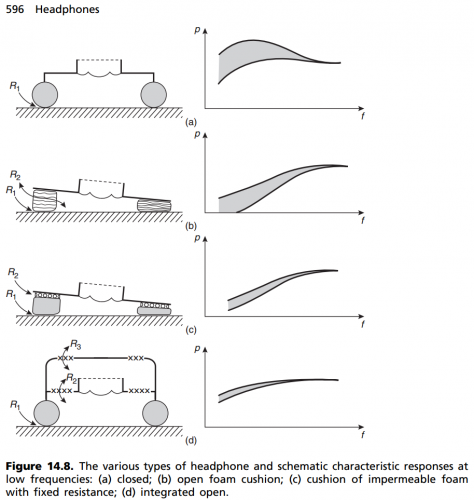Toscanini and Stokowski are probably the greatest conductors who ever lived. It's not surprising they come up. And it really doesn't matter what Bach and Beethoven would have thought of their interpretations of their works. The B's are long since dead. If it wasn't for the great interpreters making the works relevant and meaningful for modern audiences, their works would be dead too.
"Sounding different" isn't really what I was talking about in my comparison. I was talking about finding different emotional angles on a work- different means of expression. A truly great conductor finds an expressive angle on the work that is unique and personal. No single approach is "correct", instead it's like looking at a jewel through different facets. That might mean changing the way something has been traditionally performed. It might work or not work. You may like it or not like it. None of that matters. The attempt to create something personal out of markings on a sheet of paper is what counts.
The best way to get to the emotional core of a work is to focus on the emotional core, not to get distracted by the technique of performance or historical details. HIP performances often sound very different from each other, but the differences are usually on the surface of the performance- timbre, tempo, dynamics. Those three things can be used for expressive purposes, but to a performer like Heifetz, technique is a given. He didn't construct his performance around technique, he constructed the technique around the emotion.Technical perfection and "appropriateness" of style aren't what performers should focus on. Technique should serve the meaning, not act as a substitute for it.
Maybe as time goes by, HIP won't be thought of in terms of performance style any more and conductors can move on to focusing on the contents instead of the wrapping. That happens occasionally in HIP recordings, but not enough in my opinion. Personally, I don't care about instruments, especially with Bach. It can be performed on Kazoos or Jamaican Steel Drums and I will like it if it expresses the essence of the music.















![20170926_002750[1].jpg](https://cdn.head-fi.org/a/10005832_thumb.jpg)







